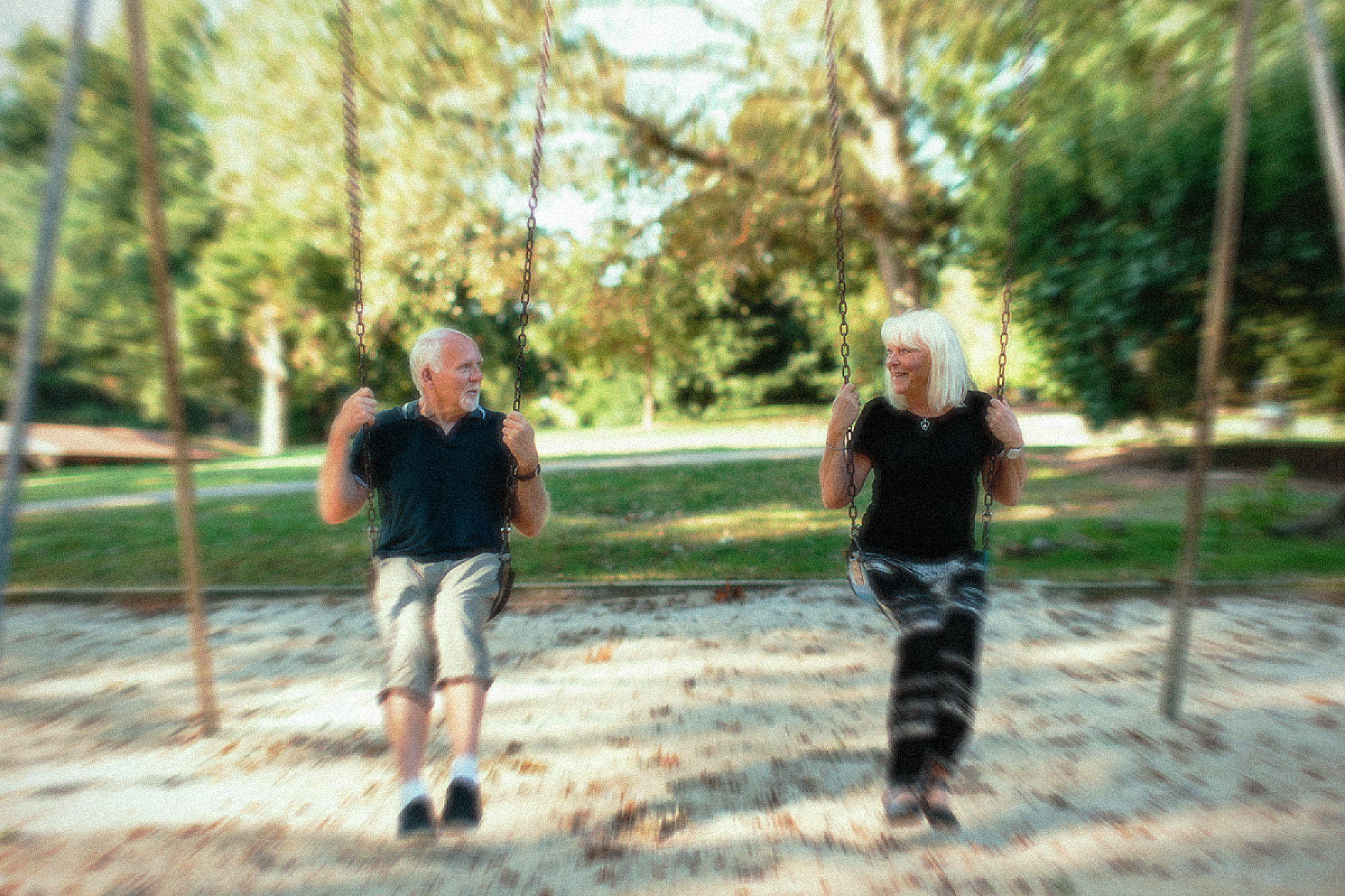
- Text Eli Williams & Brian Tsao
- Design Aodan Reddy & Justin Kay
Understanding Gen Z’s media diets and consumption habits is key to reaching the next generation of consumers, voters and entrepreneurs (these, of course, are not mutually exclusive). But this year in particular, the media landscape is undergoing visible transformation: the looming threat of a TikTok ban, platforms becoming “a lot less social,” commerce weaved into the fabric of every corner of our online existence and a recent Surgeon General’s report citing social media’s “profound risk of harm” to America’s youth. It’s arguably never been more important to understand Gen Z’s relationship with media, and not just where they're spending their time online, but why, and who influences them.
To examine how, we went straight to the source, partnering with USC Annenberg Center for Public Relations to hear directly from the next generation in a special collaboration with Ask Gen Z, our platform for youth insights.
We wanted to think beyond data and statistics and take a more human approach, so we eschewed a traditional survey to take it a step further: We conducted a mobile ethnographic study by asking USC students to log daily video updates about the information they consumed, with the goal of hearing directly from the next generation about the state of their scrolls.

The study was conducted over the period of a week in May 2023, and tasked a sample of eligible USC students born between 1997 and 2004 with filming their own content consumption diaries. To help round out our findings, we also collaborated directly with DCDX, a Gen Z consultancy with a network of more than 100,000 Gen Zers on Instagram who answer open-ended and poll questions.
The mobile ethnography approach we used to dive deep into Gen Z’s media consumption habits allowed us to be a digital fly on the wall. It provided us with an unprecedented glimpse into Gen Z’s dynamic consumption of a diverse array of media content. While other methods rely on recall, we were able to experience their media consumption as it unfolded.
- Professor Robert Kozinets, USC Annenberg School for Communication and Journalism
While quantitative survey data is no doubt important, it often leaves us with an incomplete picture. Combing through the digital diaries and screentime habits of the next generation offered us nuance and context around not just how Gen Z is interacting with media, but how they’re actively reshaping the landscape, providing insight into ways brands and media can reach them. Has Gen Z’s relationship to social media changed? What types of messaging are breaking through? Download our full study and find some of our biggest takeaways below.
The “Pleasure & Panic” (and Indifference) of the Feed
Gen Zers are seeking a more mindful and intentional relationship with their screens. They look to social media for entertainment and escape. Many also expressed concerns about the amount of time they spend in front of screens and sought to reevaluate their relationships with their go-to apps.

BY THE NUMBERS:
There’s a New “Prime Time.” It’s All the Time
Gen Z’s always-on information consumption habits have created a new reality: traditional media models that have revolved around “when” are less relevant than ever. Where is far more important.
I often watch TikToks while completing my ‘busy work.’ I’ll also scroll through Instagram while I’m waiting to pick up an order somewhere (for example while waiting for my lunch to be ready at a cafe). I rarely am ever honestly just looking at social media—it’s always a mix of something.
- Lauren, 24, study participant at USC Annenberg School for Communication and Journalism
What’s “News?” That’s Tricky
The definition of news is changing. Our students not only expect to be informed by what they consume, they also want value, utility and entertainment.

The Recommendation Generation
The way that our students consume information today has also fundamentally revolutionized how they discover, learn and buy. Our screens are Gen Z’s storefronts, and product discovery journeys start on social. While product reviews on websites still hold sway, influencers and user-generated content provide Gen Z with a crowdsourced sense of direction and decision-making.
So, where is Gen Z spending their time, and who are they looking to for influence? Read our full findings and hear more from the students.
Download the full study below.👇



